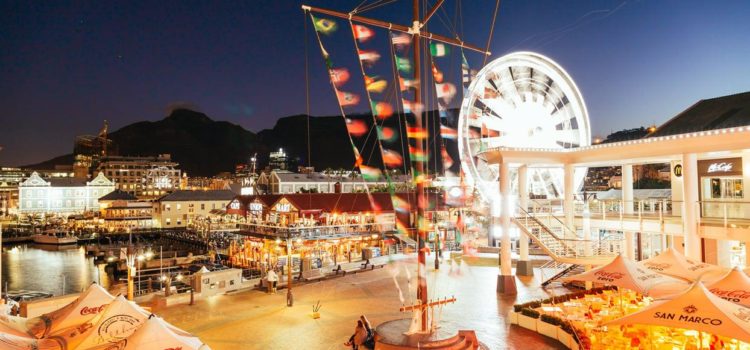Please see the table below for a list of recyclable goods and guidelines for recycling them.
| Materials | Guidelines |
|---|---|
| Paper, cardboard, milk and juice cartons | Separate white office paper from magazines and newspapers.Flatten cardboard boxes to save space.Store paper and cardboard inside to avoid it getting wet.Milk and juice cartons should be rinsed thoroughly, then flattened before recycling. |
| Tins/cans | Separate into aluminium and steel to increase its value.Cans and tins can be recycled whether crushed, rusted or burnt.Rinse and squash tins in preparation for recycling.Motor oil cans to be kept separate as they are considered hazardous waste and must be disposed of separately.Scrap metal can be dropped off at drop-off sites or sold to buy-back centres (e.g. scrapyards) – find your closest recycling service using our waste recyclers app.Cash for Cans is a source of income for many in the informal sector. |
| Glass | Glass is made of sand and can be melted down and re-used – always include glass bottles with your recyclables as they don’t decompose in landfills.Throw into glass banks (large containers for recycling glass).Wash and re-use items such as jars and vases for storage.Some kinds of glass can’t be recycled – different melting points mean they won’t burn in a furnace. These include: drinking glasses, cups, saucers and ceramic ware, sheet glass (windscreens and window panes), mirrors and reinforced glass, light bulbs and tubes, car headlights, laboratory glass, and crystal.Commercial sheet glass, reinforced glass, light bulbs and tubes can be recycled using different processes. |
| Food and green waste | Cooked food waste, and food that won’t decompose easily – such as bones – should go in your wheelie bin or black bag.Organic or biodegradable food should be composted at home. Small businesses can compost organic waste on their premises using similar techniques.Service providers can assist you to recycle or compost most of your biodegradable organic food and green waste, but you need to separate it from your packaging and other waste. Find a service provider. |
| Plastic (Including polystyrene and Tetra Pak) | There are many different kinds of plastic, and it’s important that similar kinds are recycled together.Most plastics packaging items have recycling logos imprinted on them to help you identify the kind of plastic – look for a recycling triangle with a number between 1 and 7.Plastic with a 3 or a 7 cannot be recycled in Cape Town.Note that polystyrene does not decompose in landfills so avoid throwing it in your bin or black bag – most clean polystyrene (Plastic No 6) can now be recycled.For a detailed breakdown of the different kinds of plastics and what they’re used in, see the Plastics Guide.Rinse and flatten plastic bottles before recycling to avoid contamination and save space. |
| Builder’s rubble, construction and demolition waste | Builder’s rubble is a major contributor to landfill waste so it should be recycled wherever possible.Service providers can assist you to recycle most of your builder’s rubble, but you need to separate it from your packaging and other waste. |




